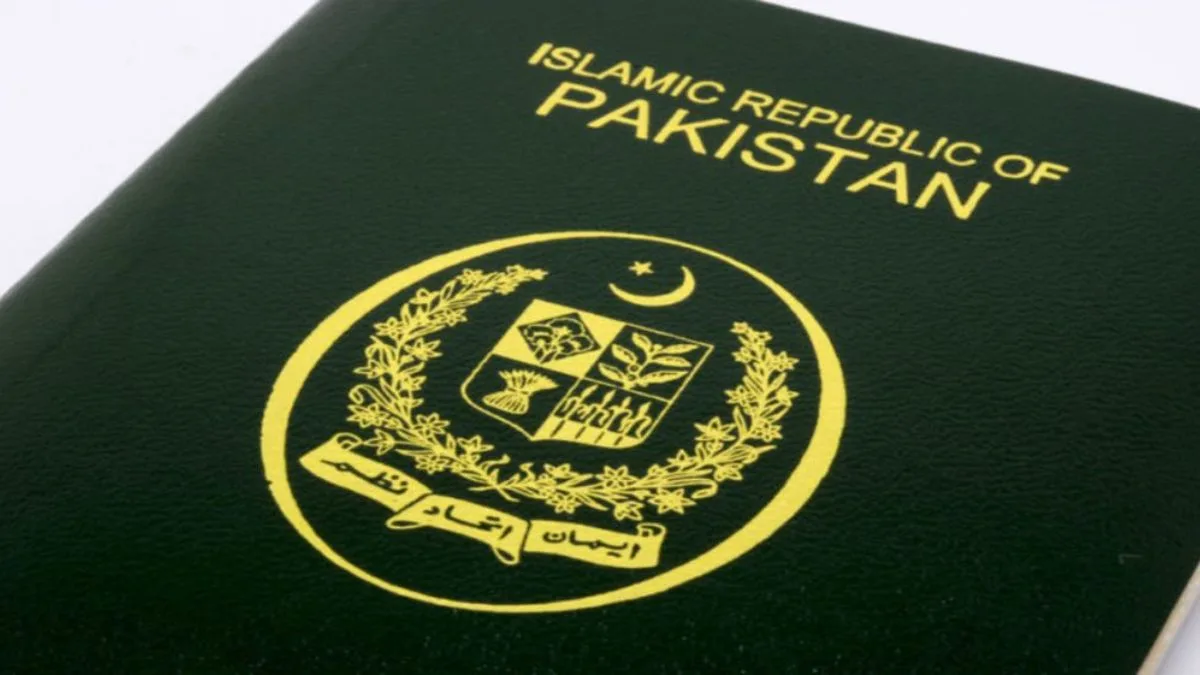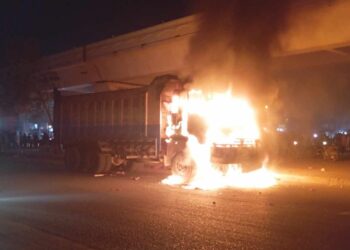Director General of Immigration and Passports Mustafa Jamal Kazi addressed concerns on Thursday regarding the differing policies of the National Database and Registration Authority (Nadra) and the passport issuing authority concerning married women’s identification documents.

The issue centers on the requirement for a married woman’s passport to include her husband’s name instead of her father’s. This has raised questions about potential contradictions between the policies of the two government institutions and concerns about discrimination against women.
The matter was brought to public attention during a local TV program, where Khadija Bukhari, a lawyer and petitioner in a case currently being heard at the Lahore High Court, discussed the inconvenience and distress this policy causes. Bukhari emphasized that women should have the option to retain their father’s name on their identification documents, whether they are married or divorced.
Bukhari shared her experience, stating that she had no issues updating her Computerised National Identity Card (CNIC) with Nadra after her marriage, as she chose to keep her father’s name and mention her marital status. However, when she tried to renew her passport, she was told she must include her husband’s name and obtain a new CNIC first.
This issue has sparked a debate about the discrimination women face from government institutions. Even in cases of divorce, a woman’s identity remains linked to her former husband without considering her preference.
DG Kazi declined to comment on Bukhari’s specific case, terming it subjudice, but responded to the broader arguments presented on the show. He explained that Nadra and passport records differ because Nadra’s registration is local, while a passport is an international document subject to international agreements.
“Normally, women face difficulty when they have their passport made using their father’s name, especially when traveling with their children. It becomes challenging to establish the biological relationship if the children’s father is not present,” Kazi said.
He noted that the passport authority has faced legal issues in cases where a divorce is not formally declared. According to the law, citizens must register and declare both marriage (Nikah) and divorce. Issues arise when these events are not officially registered, complicating custodianship of children.
“It is legal for a married woman to include her husband’s name in her passport,” Kazi stated. Regarding divorced women, he mentioned that modifications would be made to passports, adding a box to include the ex-husband’s name.
Interior Minister Mohsin Naqvi has taken notice of the situation and formed a committee to resolve the matter, with Interior Secretary Khurram Ali Agha appointed as its head. Naqvi has directed the committee to review all issues related to women’s passports and develop a workable solution. The recommendations should prioritize the convenience and ease of married women, ensuring the ministry finds an immediate resolution in accordance with rules and regulations.

















